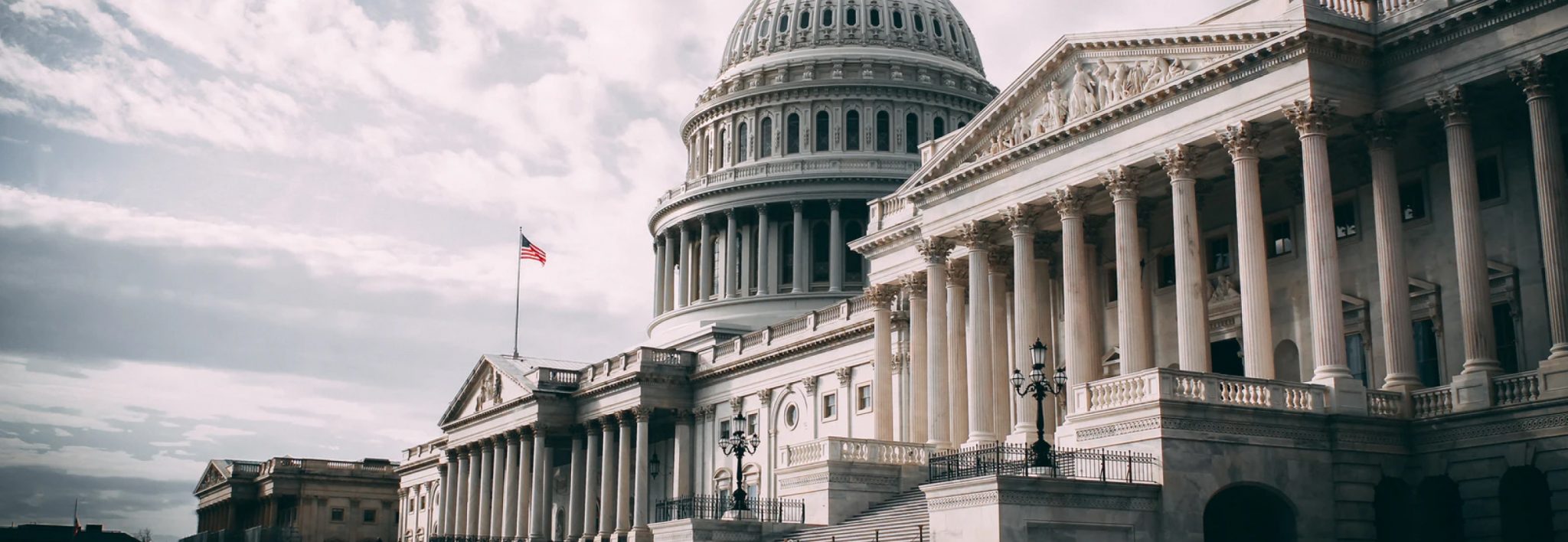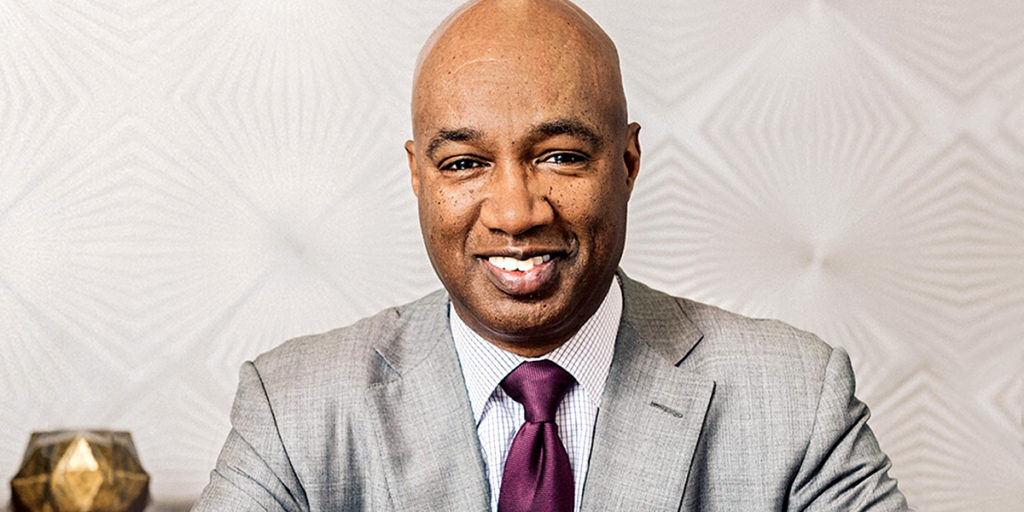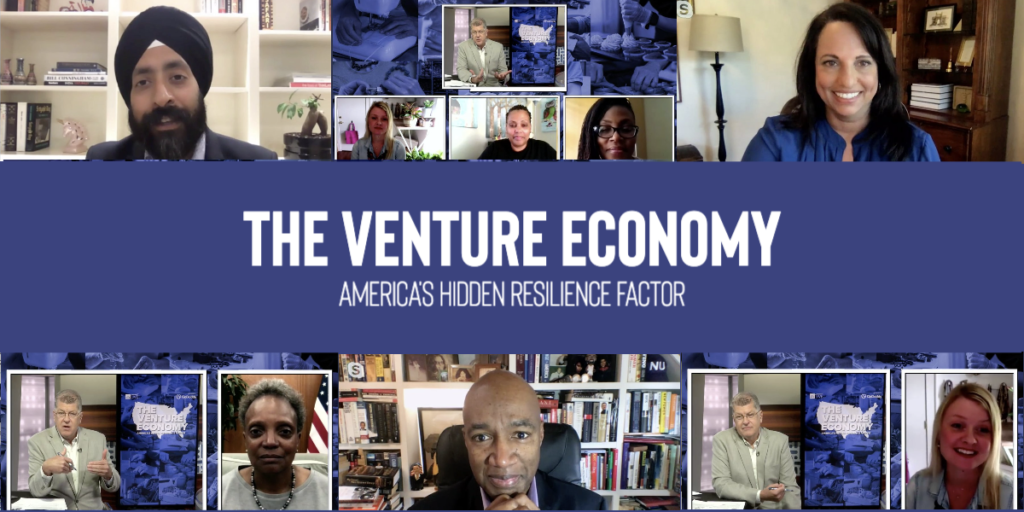
How to boost the ROI on Biden’s $100 billion broadband plan
Opinion
How to boost the ROI on Biden’s $100 billion broadband plan

One of the biggest ticket items in the Biden administration’s infrastructure proposal is $100 billion to bring affordable broadband internet connectivity to the 30 million Americans who don’t have it. It’s an investment worth making: achieving universal broadband would pay economic dividends for years to come.
I say this because we have the data to prove it. A year ago, we launched Venture Forward, a rigorous research initiative to quantify the economic impact of the 20 million U.S. online microbusinesses that use our services. The data shows that cities with more microbusinesses per 100 people have lower unemployment, higher household median income and are more resilient to recessions. And the first steps to increasing microbusinesses is through better access to affordable broadband, followed up with policies and programs, so people can use that broadband to start and grow businesses.
The pandemic has underscored the importance of being able to participate in the digital economy. Our research shows that places with greater microbusiness density fared better over the last year. Specifically, communities with a higher concentration of microbusinesses:
- Saw increased commercial activity. While every major U.S. city saw a decrease in consumer credit and debit card spending at the height of the economic shock from COVID-19 in April 2020, metros with more microbusinesses per 100 people tended to report improved consumer spending every month through the end of the year, according to Opportunity Insights. This is important because this is the largest source of economic data that can be traced in a timely manner (spending with cash and checks, for example, cannot).
- Reported less revenue loss. By cross-tabulating Venture Forward data with the U.S. Census Bureau’s monthly Small Business Pulse Surveys, we found that businesses in cities with high microbusiness density reported less revenue loss during the pandemic.
Last year, we started working with mayors and city councils to inform policies that give microbusinesses a boost. Denison, Texas, Mayor Janet Gott launched a program that gave $6,000 e-commerce acceleration grants to local brick-and-mortar businesses, which helped the town not only survive but thrive during the pandemic. Leaders in Gilbert, Arizona, southeast of Phoenix, allocated millions to a fund designed to provide immediate relief, sustainable recovery and long-term resilience through skills training for local businesses.
More recently, with the reopening of the economy looking more likely, we’ve started talking with more mayors across the country to help them understand how microbusinesses can spark renewed growth and help them address inequities — often including access to broadband — that have become all too apparent. Our conversations with the economic development teams of Los Angeles’ Eric Garcetti, Chicago’s Lori Lightfoot, Boise’s Lauren McLean and Montgomery, Alabama’s Steven Reed, demonstrate the willingness of these cities to explore new areas of support they can provide to boost economic activity.
Our goal is to help these mayors — and hopefully 500 more across the country — by offering insights about what our data suggests they can do to foster their citizens’ entrepreneurial potential. To that end, we’ve relaunched and augmented our website, which will feature more case studies and interactive tools so you can see how your community stacks up on various metrics and over time — not only versus national averages, but against cities.
More Profiles & Use Cases

Four policy pillars that will encourage online microbusinesses
To support a vibrant part of the economy, focus on access to capital, broadband, benefits and marketing skills
Read the article entitled “Four policy pillars that will encourage online microbusinesses”
America’s digital divide is hindering economic growth
Larry Irving, a former federal telecommunications official, explains what policymakers can do right now to support micro businesses in at-risk communities
Read the article entitled “America’s digital divide is hindering economic growth”
GoDaddy on the Hill: This is how we can support microbusinesses in America
Recently, GoDaddy was on The Hill to talk to Steve Clemens about microbusinesses (aka ventures) and their impact on the U.S. economy
Read the article entitled “GoDaddy on the Hill: This is how we can support microbusinesses in America”